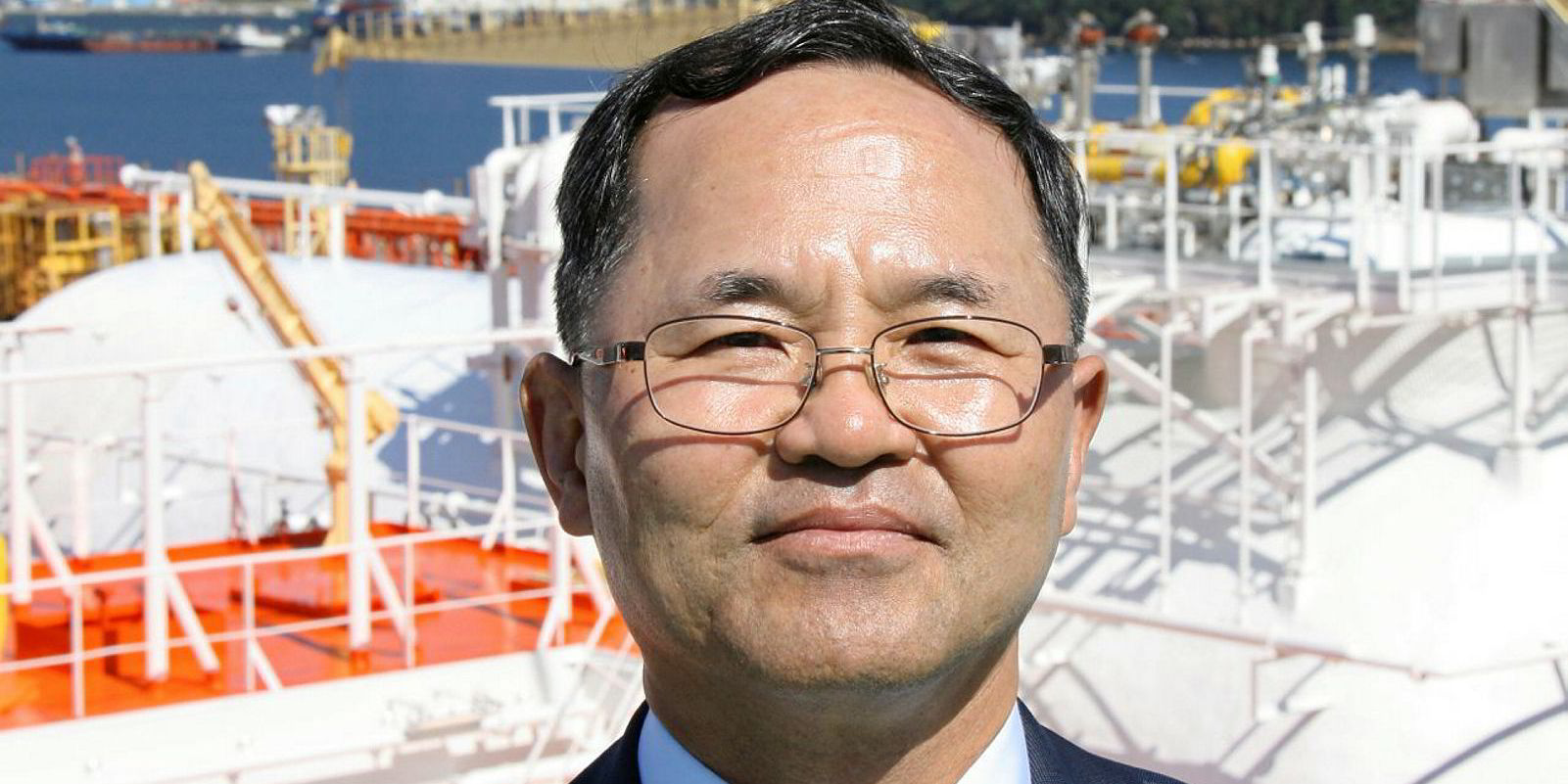Samsung Heavy Industries has joined its South Korean rivals in revealing new LNG carrier contracts as shipowners continue to pile in with new orders.
Seoul-listed Samsung today announced a KRW 400bn ($358m) contract with an Asian shipowner.

Japanese owner inks long-term deal for gas carriers due in 2021.
Samsung Heavy Industries has joined its South Korean rivals in revealing new LNG carrier contracts as shipowners continue to pile in with new orders.
Seoul-listed Samsung today announced a KRW 400bn ($358m) contract with an Asian shipowner.